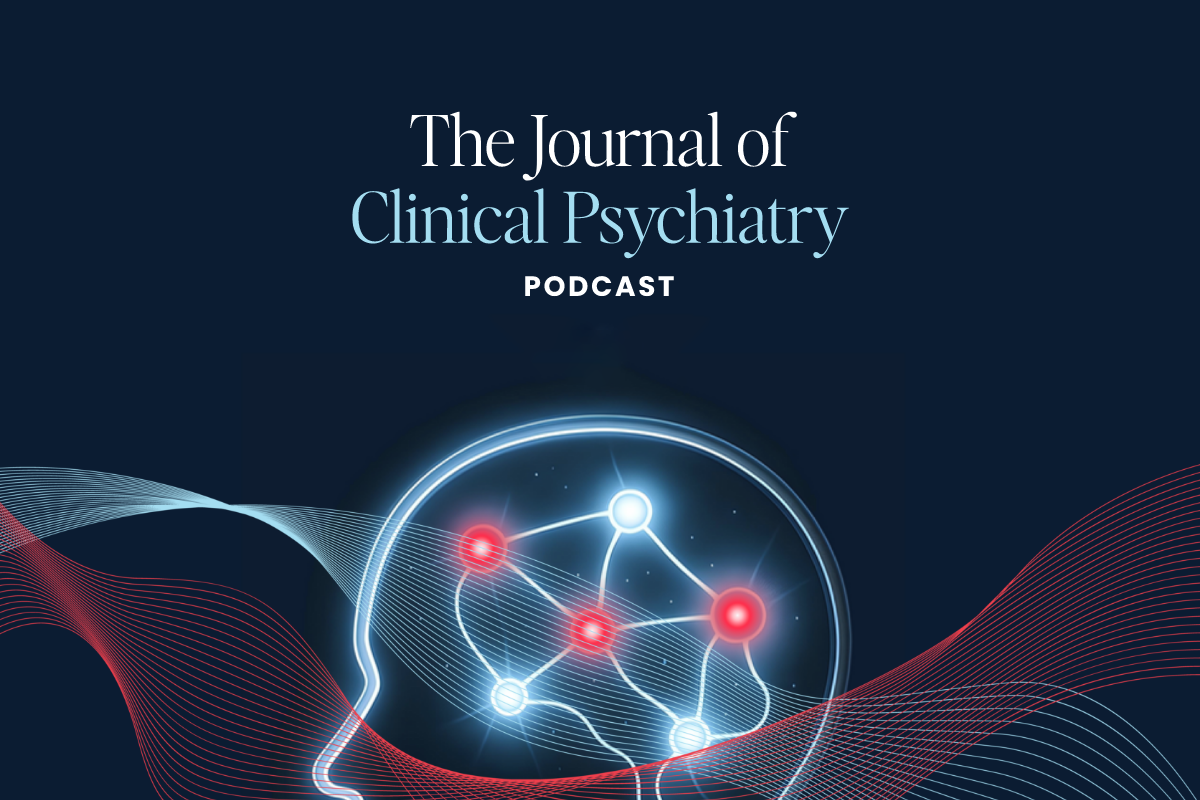A new international study in Social Science & Medicine takes a hard look at one of the more enduring (if frustrating) public health mysteries. How does a religious upbringing influence your health later on in life?
The answer, according to University of Helsinki researchers, is complicated.
A Machine-Learning Approach to an Old Question
Working from the “Survey of Health, Aging, and Retirement in Europe,” which includes data pulled from more than 10,000 Europeans 50 and older, the team looked at people “religiously educated by one’s parents” and how that upbringing shaped their health decades later. Notably, instead of relying on traditional regression models, the authors turned to a causal forest algorithm for their research.
Nearly four in five of the study’s participants reported a religious upbringing. Compared with those raised without one, they were older, less educated, and slightly less likely to smoke.
But when the authors factored in all 19 demographic, social, and behavioral covariates, the findings turned a long-standing assumption on its head. Those whose parents raised them with early religious education rated their late-life health slightly lower than their secular counterparts.
Where Faith Helps. And Where It Doesn’t.
They broke down outcomes across three domains and uncovered dramatically different patterns:
- Physical health: modestly better among those with a religious upbringing.
- Mental health: worse, with higher depression scores.
- Cognitive health: worse as well.
These mixed results echo previous European findings that link religion to lower mortality and healthier lifestyles, but to greater psychological distress in some contexts.
Hidden Moderators
“While religion may offer some benefits, it doesn’t necessarily fully mitigate the health risks linked to long-term disadvantages,” the University of Helsinki’s Xu Zong – the lead author – explained. “In particular, parental mental health issues and heavy alcohol consumption intensify the negative association between an early religious upbringing and self-rated health in later life.”
On the other hand, the few participants who appeared to benefit health-wise from early religious education tended to come from more stable, better-resourced families.
The findings also suggest that ongoing religious behavior matters. Older adults who still prayed frequently or never attended religious services experienced stronger negative associations with health.
Consequently, the researchers theorize that solitary prayer – rather than engaging with someone else – might be a way of coping with stress.
Faith, Secularization, and Social Inequality
The study reflects a post-war Europe that shifted toward secularization. While most participants were born before 1950 and raised religiously, only about 14% of them still attended services at least monthly, compared with roughly half of similarly aged Americans.
The authors argue that this shift might help explain why religion appears to be less protective — or in some cases detrimental — in today’s European contexts.
They also highlight a socioeconomic aspect of the study. Religiosity – it seems – tends to be more common among lower-income groups who rely on faith-based networks for emotional and material support. Religious upbringing, then, might function less as a health-promoting resource and more as a marker of early disadvantage that lingers on through adulthood.
Modest but Meaningful Effects
Statistically speaking, the health differences were small — roughly a tenth of a point on a five-point health scale — but consistent. By combining survey data with a modern machine-learning framework, they uncovered a level of individual variability that older studies missed.
Their takeaway: A religious upbringing isn’t inherently good or bad for health. It’s context-dependent, shaped (like so much of our lives) by gender, class, family adversity, and adult religiosity.
Implications and Next Steps
The researchers advise that future research should probe the mechanisms behind these links. For example, does early moral instruction (in the form of religion) foster a propensity toward guilt and shame? And does the social isolation that so often follows those who leave the church drive mental-health declines.
They also urge policymakers to recognize that religion’s legacy on well-being is only part of the equation. And that we can’t ignore broader social inequalities that remain just as influential.
Further Reading
Influence of Religious Affiliations on Attitudes Toward Homosexuality Among Physicians



